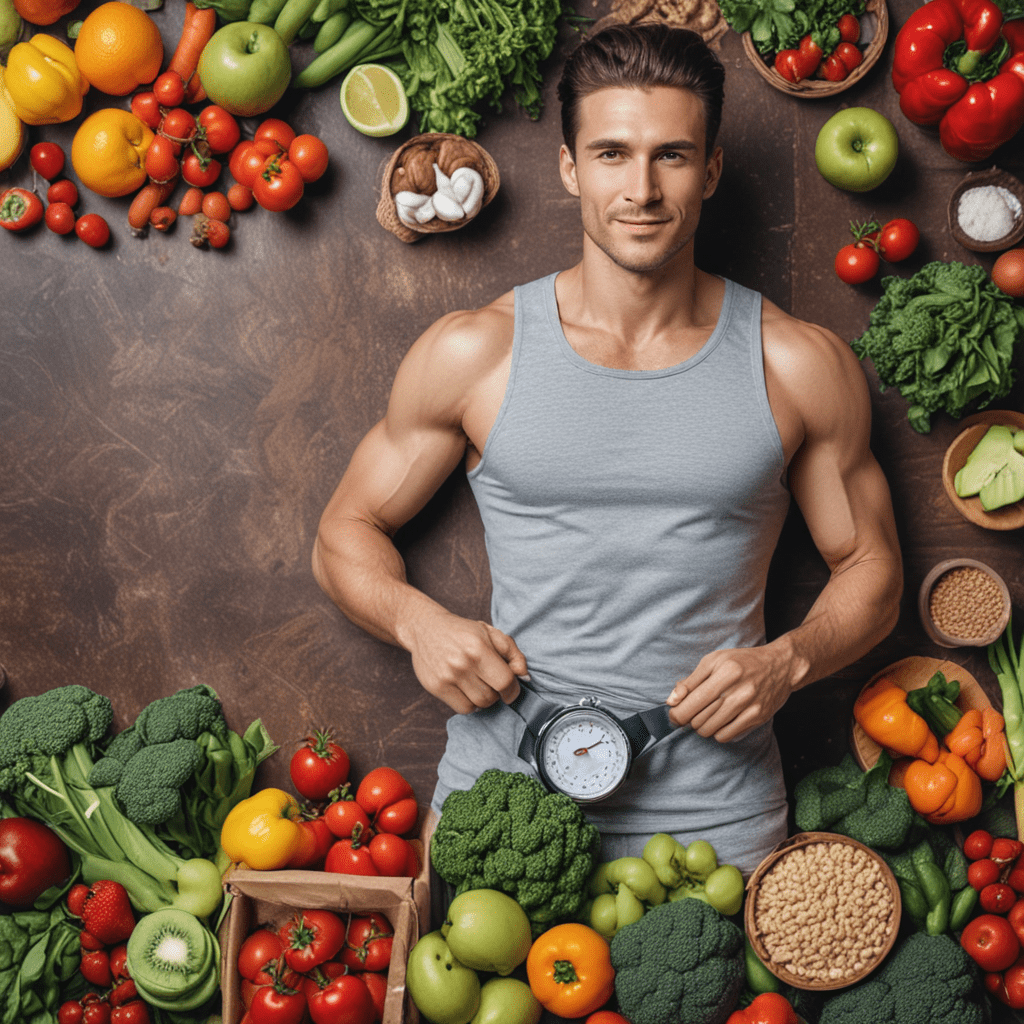
Vegan Diet: Aiding in the Management of High Blood Pressure
I. Introduction
High blood pressure, also known as hypertension, is a prevalent health condition affecting millions worldwide. It significantly increases the risk of heart disease, stroke, kidney failure, and other cardiovascular complications. Adopting a plant-based vegan diet has emerged as a promising strategy for managing blood pressure levels effectively.
II. Prevalence and Impact of High Blood Pressure
Hypertension is a widespread issue, with an estimated 1.28 billion individuals affected globally. It is often asymptomatic, leading to its underdiagnosis and inadequate management. High blood pressure strains the heart and blood vessels, causing damage over time. It is a significant contributor to cardiovascular diseases, which are the leading cause of death worldwide.
III. Benefits of a Vegan Diet for Heart Health
A vegan diet, which excludes all animal products, offers several heart health benefits. It is naturally low in saturated fat and cholesterol, which are known to contribute to heart disease. Vegan diets are also rich in antioxidants, fiber, and other plant compounds that protect against oxidative stress and inflammation.
IV. Role of Plant-Based Foods in Lowering Blood Pressure
Numerous plant-based foods have been identified for their blood pressure-lowering effects. Potassium, a mineral abundant in fruits and vegetables, is essential for maintaining healthy blood pressure levels. Sodium, found predominantly in processed foods and animal products, can raise blood pressure. A vegan diet typically provides a higher potassium-to-sodium ratio, contributing to blood pressure regulation.
V. Potassium and Sodium Balance in a Vegan Diet
Maintaining a balance between potassium and sodium intake is crucial for blood pressure management. Vegan diets are naturally high in potassium, with foods like bananas, avocados, and leafy greens being excellent sources. On the other hand, vegans need to be mindful of their sodium intake, as processed vegan foods and substitutes can contain high amounts of salt. Opting for whole, unprocessed plant foods and preparing meals from scratch ensures a healthier sodium intake level.
VI. Phytochemicals and Antioxidants in Plant Foods
Vegan diets are rich in phytochemicals and antioxidants, which are bioactive compounds found in plants. These compounds have various health benefits, including blood pressure regulation. Flavonoids, for example, have vasodilatory effects, meaning they help widen blood vessels and reduce blood pressure. Antioxidants like vitamin C and E protect against oxidative stress, a major factor in the development of hypertension.
VII. Evidence from Clinical Trials
Numerous clinical trials have demonstrated the efficacy of vegan diets in lowering blood pressure. A meta-analysis of 33 studies published in the Journal of the American Heart Association found that vegan diets significantly reduced systolic blood pressure (SBP) by 5 mmHg and diastolic blood pressure (DBP) by 2.8 mmHg compared to control diets. Another study published in the International Journal of Hypertension revealed that a vegan diet reduced SBP by 11.2 mmHg and DBP by 5.8 mmHg in hypertensive individuals after 12 weeks of intervention.
VIII. Practical Tips for Incorporating a Vegan Diet
Adopting a vegan diet can be straightforward with planning and effort. Start by gradually reducing your intake of animal products while increasing the consumption of plant-based foods. Focus on whole, unprocessed foods such as fruits, vegetables, legumes, whole grains, and nuts. Consider consulting with a registered dietitian for personalized guidance and support.
IX. Considerations and Limitations
While a vegan diet offers numerous benefits, it is essential to be aware of potential nutrient deficiencies. Vitamin B12, for instance, is primarily found in animal products. Vegans should ensure adequate intake through fortified foods or supplements. Additionally, omega-3 fatty acids, crucial for heart health, are predominantly found in fatty fish. Vegans can obtain omega-3s from plant sources like flaxseeds, chia seeds, and walnuts.
X. Conclusion
A vegan diet has emerged as a viable strategy for managing high blood pressure. Its multifaceted approach, including low saturated fat and cholesterol content, abundance of potassium and fiber, and presence of bioactive compounds, effectively lowers blood pressure. Incorporating a vegan diet into your lifestyle, along with regular exercise, stress management, and smoking cessation, can significantly improve your heart health and overall well-being.
FAQ
Can a vegan diet help lower my blood pressure quickly?
While a vegan diet can effectively reduce blood pressure, it may not provide immediate results. Gradual changes in blood pressure levels usually occur over weeks or months.
Is it safe to adopt a vegan diet for everyone?
A vegan diet is generally safe for most people but may require careful planning to ensure adequate nutrient intake. Consulting with a healthcare professional or registered dietitian is recommended, especially for individuals with underlying health conditions or pregnant/breastfeeding women.
What are common challenges in following a vegan diet?
Some challenges include finding suitable alternatives for animal products, deciphering food labels, and dining out. However, with preparation and dedication, these challenges can be overcome.

